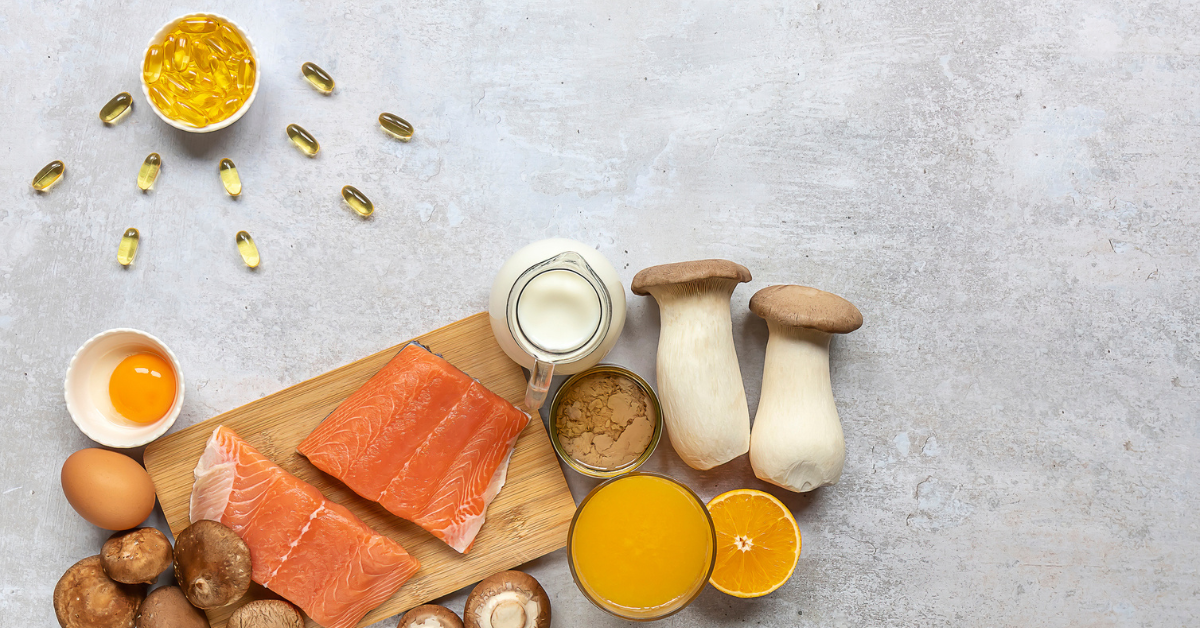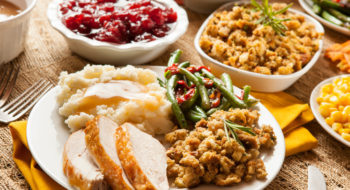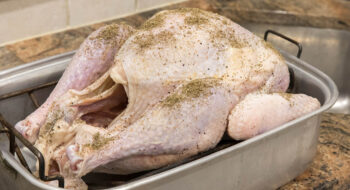Vitamin D does a lot for your body: supports your energy levels, immune function and bone strength and even helps reduce inflammation and the growth of cancer cells.
When your vitamin D levels are low, you may experience fatigue, muscle weakness, bone pain, frequent illnesses, hair loss and mood changes.
Salem Hough, registered dietitian at Tidelands Health, says while our main source of vitamin D comes from sun exposure, what you eat can also help make a difference.
“We strive to eat a well-balanced diet full of fruits, vegetables, lean proteins, whole grain, beans and legumes,” Hough says. “This type of diet can help lower cholesterol, manage diabetes and even reduce your risk of developing some cancers.”
She recommends adding the following foods to your diet:
Protein
Rainbow trout has the highest amount of vitamin D, measured in international units, or IU.
Other fish such as salmon, tuna, herring, sardines, tilapia and flounder are also excellent sources.
“If you’re not a fan of fish, beef liver and egg yolks have smaller amounts of naturally occurring vitamin D,” Hough says.
Dairy and fortified soy alternatives
One cup of unsweetened soy milk provides about 119 IU of vitamin D. Other fortified options include one percent or fat-free milk, nonfat or low-fat yogurt, cheese and kefir. Almond and rice milk typically contain around 100 IU per cup.
Vegetables and fruits
Mushrooms are among the few plant-based sources of vitamin D. They contain ergosterol, which converts to vitamin D when exposed to UV light, similar to how our skin produces vitamin D from sunlight.
Varieties such as sun-dried shiitake, white button, cremini, portabella and maitake mushrooms are all good sources of vitamin D, especially if exposed to UV light.
How much vitamin D do you need?
The amount of vitamin D you need depends on your age and overall health.
For healthy adults aged 19-70, the National Institutes of Health recommends consuming 600 IU per day, or 15 micrograms. However, individuals with certain medical conditions may require more.
“Some people may need to supplement with vitamin D due to absorption issues,” Hough says. “This includes individuals with liver disease, celiac disease, Crohn’s disease, cystic fibrosis or those who have had gastric bypass surgery.”
Taking a vitamin D supplement could be unnecessary, so it is important to speak with your provider before starting any supplements, Hough says.

Salem Hough
Clinical dietitian at Tidelands Health
Bio
Salem Hough is a clinical dietitian at Tidelands Health.
Learn MoreMeet the Expert
Salem Hough
Salem Hough is a clinical dietitian at Tidelands Health.






